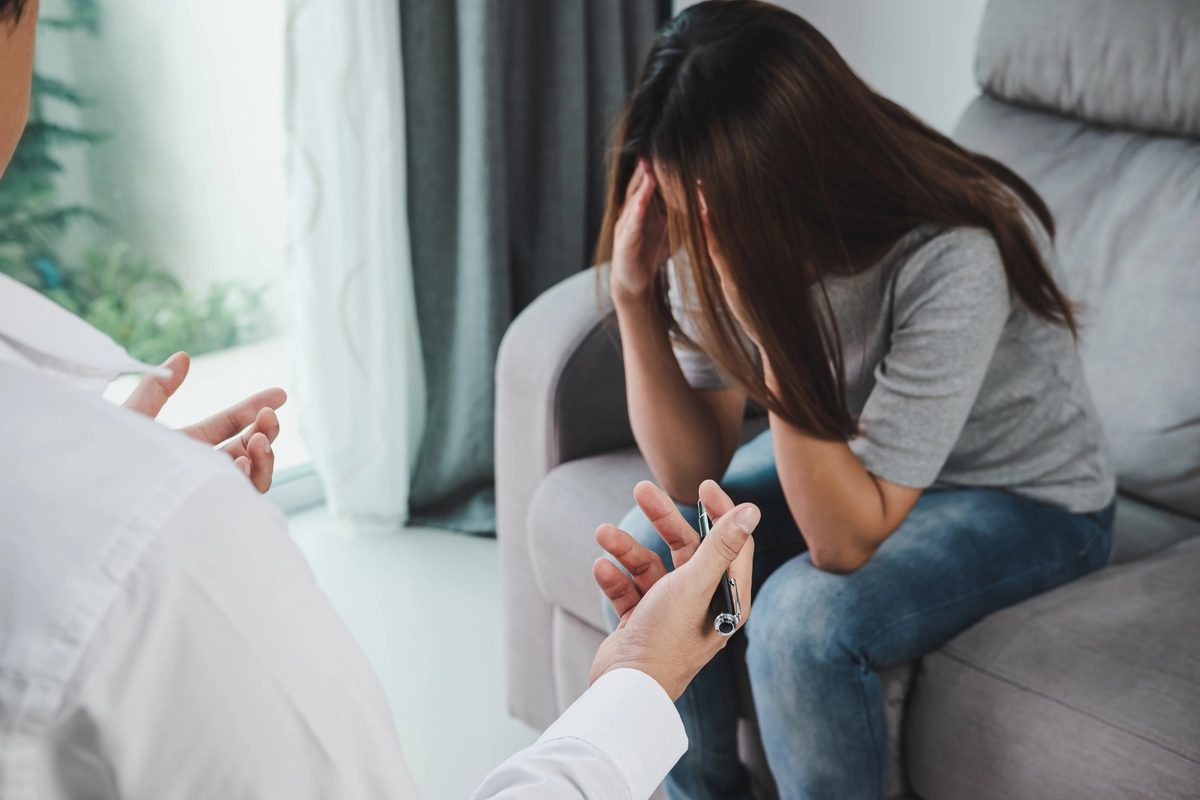24/7 Helpline:
(866) 899-221924/7 Helpline:
(866) 899-2219
Learn more about Inpatient Rehab centers in Union County

Other Insurance Options

Choice Care Network

BlueShield

Sliding scale payment assistance

Medical Mutual of Ohio

Health Partners

Magellan

BHS | Behavioral Health Systems

Covered California

Humana

MHNNet Behavioral Health

Multiplan

Private insurance
Beacon

Holman Group

Anthem

Coventry Health Care

CareFirst

GEHA

Self-pay options

Cigna

Northern Hills Alcohol and Drug Treatment
Compass Point is a non-profit rehab located in Sturgis, SD. Compass Point specializes in the treatme...

Compass Point
Compass Point provides prevention, intervention, and treatment services in the Northern Black Hills....

River Valley Behavioral Health
River Valley Behavioral Health is an outpatient clinic that provides behavioral health services, sub...

Counseling Center
Counseling Center is a private rehab located in Morganfield, Kentucky. Counseling Center specializes...

Michiana Addictions Prevention
Michiana Addictions Prevention is a private rehab located in Sturgis, Michigan. Michiana Addictions ...













































































